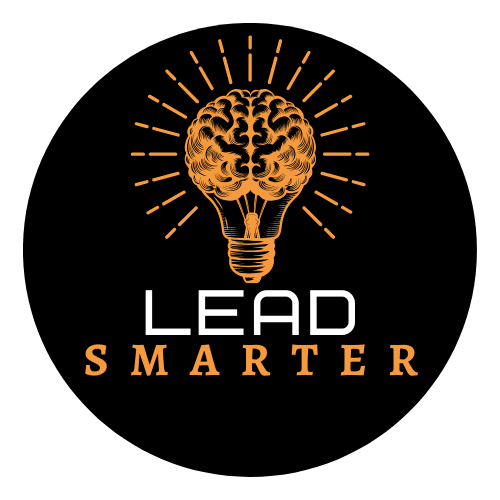The Cornerstone of Effective Leadership
By understanding and developing EQ across different leadership styles, today's leaders can create environments where both people and performance thrive together.

Emotional Intelligence
Emotional intelligence (EQ) has emerged as a critical factor in leadership effectiveness, often outweighing technical skills and traditional intelligence metrics. Leaders with high EQ navigate complex interpersonal dynamics with greater success and build stronger, more resilient teams.
Understanding Emotional Intelligence in Leadership
Emotional intelligence encompasses several key components:
Self-awareness: Understanding your own emotions and their impact
Self-regulation: Managing disruptive emotions and adapting to changing circumstances
Motivation: Being driven to achieve beyond expectations
Empathy: Sensing and responding to others' emotions
Social skills: Building relationships and navigating social networks
How EQ Shapes Leadership Styles
Different leadership styles incorporate emotional intelligence in unique ways: Transformational Leadership Uses emotional connections to inspire and motivate Encourages innovation through psychological safety Demonstrates high empathy while maintaining clear vision
Servant Leadership
Prioritizes team needs above personal advancement Leverages deep emotional understanding to remove obstacles Creates environments where people feel valued and heard
Democratic Leadership
Employs social awareness to gather diverse perspectives Balances emotional considerations with practical decision-making Builds consensus through emotional validation
Coaching Leadership
Identifies emotional barriers to performance Uses emotional intelligence to tailor development approaches Creates psychological safety for growth and learning
Developing EQ as a Leader
Enhancing emotional intelligence is a continuous journey: Practice regular self-reflection Seek honest feedback from diverse sources Develop active listening skills Expand your emotional vocabulary Study different cultural expressions of emotion Practice empathy in challenging situations
The Business Impact of Emotionally Intelligent Leadership
Organizations led by emotionally intelligent leaders consistently demonstrate
Higher employee engagement and retention More effective change management Stronger innovation culture Better conflict resolution More inclusive workplace environments
Conclusion
As workplace dynamics grow increasingly complex, emotional intelligence distinguishes exceptional leaders from merely competent ones. By understanding and developing EQ across different leadership styles, today's leaders can create environments where both people and performance thrive together.
